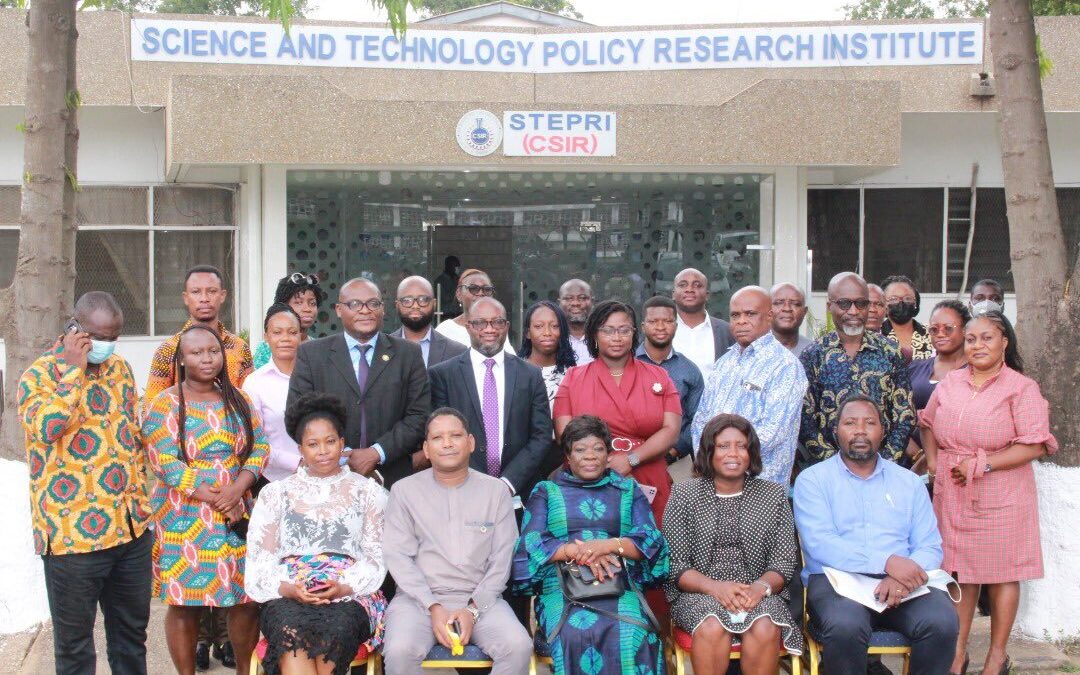- Login to ASPnet | Ghana Commission for UNESCO | Government Agency Responsible for the coordination of Ghana's contributions to and presence at UNESCO
Project to strengthen science, technology, innovation policies commences

A project designed to strengthen national and regional science, technology and innovation (STI) policies, in accordance with UNESCO’s 2017 recommendation on science and scientific research (RS&SR), has commenced.
Participating countries include Ghana, Sierra Leone, Congo, Tanzania, Zimbabwe and Namibia.
The project, which is being funded by the Swedish Development Agency (SIDA), forms part of a UNESCO global framework for monitoring, provision of policy support and advocacy for UNESCO’s 2017 RS&SR.
Meeting
Speaking at an experts’ group meeting to deliberate on Ghana’s STI capacity and needs assessment for the project, the Country Director of UNESCO, Dr. Abdourahamane Diallo, said Ghana had presented a report on its STI ecosystem.
He, however, said there was the need for more in-depth consultations by experts to analyse information and carefully assess strengths, weaknesses, opportunities and threats relative to global standards.
The meeting was organised by the Ministry of Environment, Science, Technology and Innovation (MESTI), in collaboration with the Council for Scientific and Industrial Research – Science and Technology Policy Research Institute (CSIR-STEPRI).
It brought together representatives from research institutions, academia and corporate institutions.
Dr. Diallo observed that Ghana’s STI policies were skewed towards the attainment of national economic growth, with little focus on how STI could also be used to address societal problems.
“I would like to draw your attention to the fact that one of the focused areas of the RS&SR is how science meaningfully interacts with society, and vice-versa; unfortunately, Ghana may be lagging behind in this area.
“I would, therefore, like to recommend that the expert group critically interrogate this gap in order to make recommendations on how best STI can be directed to address societal needs,” he said.
Objectives
The project, which will support policies and institutions that implement the 2017 RS&SR in all its dimensions, will aid research and research-based tertiary education, reinforce policy design and implementation to deliver the SDGs, STISA2024 and create robust STI ecosystems.
It will also deliver innovative and effective funding instruments that provide adequate funding levels and options for research at the national and regional levels.
The project also intends to pursue and enhance policies which coordinate higher educational strategies, in line with development needs and priorities, particularly those of young researchers.
